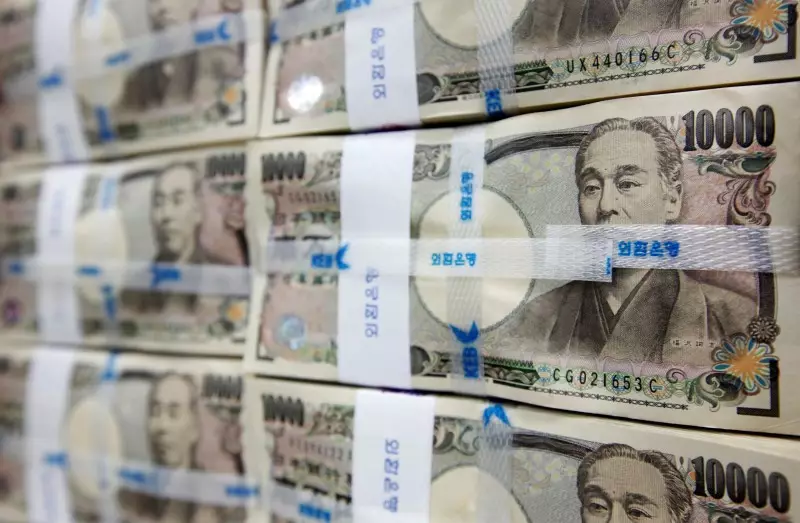Recent Trends in Asian Currency Markets: A Detailed Analysis

As the economic landscape of Asia continues to evolve, fluctuations in the value of various currencies have caught the attention of investors and economists alike. Observing the most recent trends, it is notable that many Asian currencies experienced declines over the past week. This downward trend is highlighted by the South Korean won, which fell significantly amid persistent political turmoil. Conversely, the Japanese yen saw an uptick as market participants reacted to optimistic forecasts surrounding potential interest rate hikes, spurred by inflation data from Tokyo.
The U.S. Dollar Index has maintained its momentum, climbing near a two-year peak it reached last week. Such strength of the dollar can largely be credited to the hawkish outlook of the Federal Reserve, which has implied fewer rate cuts in the upcoming year. This outlook not only bolsters the dollar but puts downward pressure on Asian currencies across the board. This analysis will delve into the elements contributing to these shifts in currency valuations, exploring regional specifics and broader economic implications.
The Japanese Yen and Inflation Insights
The Japanese yen (JPY) experienced a slight depreciation against the U.S. dollar, with the USD/JPY trading down by 0.3%. Nevertheless, underlying economic indicators suggest reasons for a possible rebound. Recent reports indicate that the consumer price index (CPI) in Tokyo has outpaced expectations for December, indicating growing price pressures. This fresh data has invigorated discussions regarding a potential near-term interest rate hike from the Bank of Japan (BoJ). Indeed, certain policymakers within the BoJ hinted at favorable conditions for adjusting rates in the near future, suggesting that Japan’s monetary policy might soon be recalibrated amid rising inflation.
Moreover, supplementary data demonstrating slower-than-anticipated contraction in factory output indicates an economy that, while challenged, is slowly finding its feet. This nuance highlights the complexity of Japan’s economic landscape, where inflation and growth dynamics coexist, potentially enhancing the yen’s appeal as investors recalibrate their expectations.
In stark contrast to Japan’s cautious optimism, South Korea’s financial situation has been marred by political disarray. The South Korean won (KRW) has grappled with uncertainty as the nation stands on the precipice of a political crisis. The ongoing attempts to remove acting President Han Duck-soo through an impeachment vote reflect deepening instability that threatens to undermine investor confidence. Amidst speculation surrounding the government’s handling of President Yoon Suk Yeol’s contentious martial law, the won is projected to conclude the week with nearly a 2.5% loss, underscoring market apprehension.
The implications of such political strife extend beyond immediate market reactions, raising questions about the future of South Korea’s democracy and the broader impacts on foreign investor sentiment. Allies and market participants are closely monitoring these developments, as any prolonged instability could yield significant repercussions across various sectors.
Across the Asian continent, a diverse range of currencies is wrestling with the hefty backdrop of strong dollar performance, partially attributed to the U.S. Federal Reserve’s calculated forward guidance. The Indian rupee (INR) fell further against the dollar, hitting a record low before recovering slightly, demonstrating vulnerability amid external pressures. Similarly, while the Chinese yuan (CNY) maintained a relatively stable stance, industrial profit reports revealed persisting challenges in recovery, further complicated by muted domestic demand.
Other currencies such as the Singapore dollar and Philippine peso also mirrored the broader downtrend. The consistency in underperformance across several Asian currencies may indicate a regional collective struggle to regain footing amid fluctuating global economic dynamics.
The current state of Asian currencies is a reflection of multifaceted challenges grounded in both domestic politics and international economic conditions. While certain markets, like Japan, prepare for potential shifts toward tighter monetary policy amidst rising inflation, others grapple with significant political uncertainty that undermines currency stability, particularly in South Korea. Investors need to remain vigilant, as developments unfold and the navigational maps of these economies continue to be drawn amidst a constantly changing backdrop.





